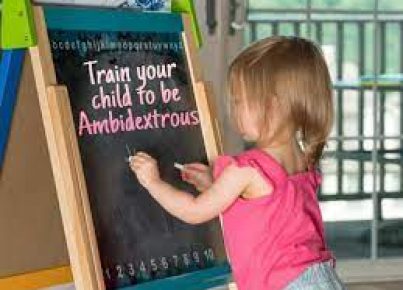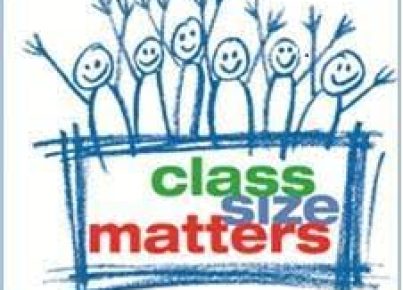Introduction
The tax system is a vital aspect of modern society, yet most students leave high school with little to no understanding of how it works. With the constant changes and complexities that come with filing taxes, it’s crucial for citizens to be prepared for this annual responsibility. So, why don’t we learn about taxes in school?
The Importance of Tax Education
In most education systems, there is a focus on core subjects like math, science, language arts, and social studies. While these are essential components of well-rounded learning, teaching students about real-life financial skills tends to take a back seat. The lack of tax education leaves many young adults struggling to understand and file their taxes once they enter the workforce.
One Solution: Integrate Tax Education into Existing Curriculum
Perhaps the simplest solution to address this problem is to incorporate tax education into existing curriculum. Not only would this fill the gap in financial literacy among students, but it also has the potential to increase engagement and practical application of mathematical concepts.
1. Math Classes: Students could learn about tax brackets and percentages while practicing their arithmetic skills. Calculating income tax could be incorporated into word problems or as a segment in an algebra module.
2. Social Studies Classes: Studying the history of taxation could provide students with an understanding of its societal importance and give them context for their personal financial responsibilities as citizens.
3. Personal Finance Classes: A dedicated personal finance course is the ideal platform for teaching tax-related topics. Students could learn about different types of taxes (income, property, sales), deductions, credits, and how to navigate tax forms.
4. Extracurricular Programs: Schools could offer after-school workshops or clubs that focus on real-world financial skills such as budgeting, saving, investing, and taxes.
5. Partnership with Local Tax Professionals: Collaborating with local tax professionals to give guest lectures or demonstrations will provide students with first-hand insights and real-life scenarios.
Benefits of Tax Education in Schools
1. Empowered Citizens: Tax-educated students are more likely to feel empowered and confident when handling their personal finances, leading to better choices in the future.
2. Increased Compliance: Improved understanding of taxes could lead to a higher level of compliance and fewer mistakes on tax forms, benefiting both individuals and authorities.
3. Equity and Fairness: Tax education helps level the playing field, as it provides everyone access to important financial information that impacts their day-to-day lives.
Conclusion
Teaching students about taxes may not be part of the traditional school curriculum, but it is an essential step in preparing them for adulthood. Integrating tax education into existing subjects like math, social studies, and personal finance can equip students with vital financial knowledge. It is time for our education system to adapt and address this gap in learning – providing young adults with the tools they need to navigate the complex world of taxation.





